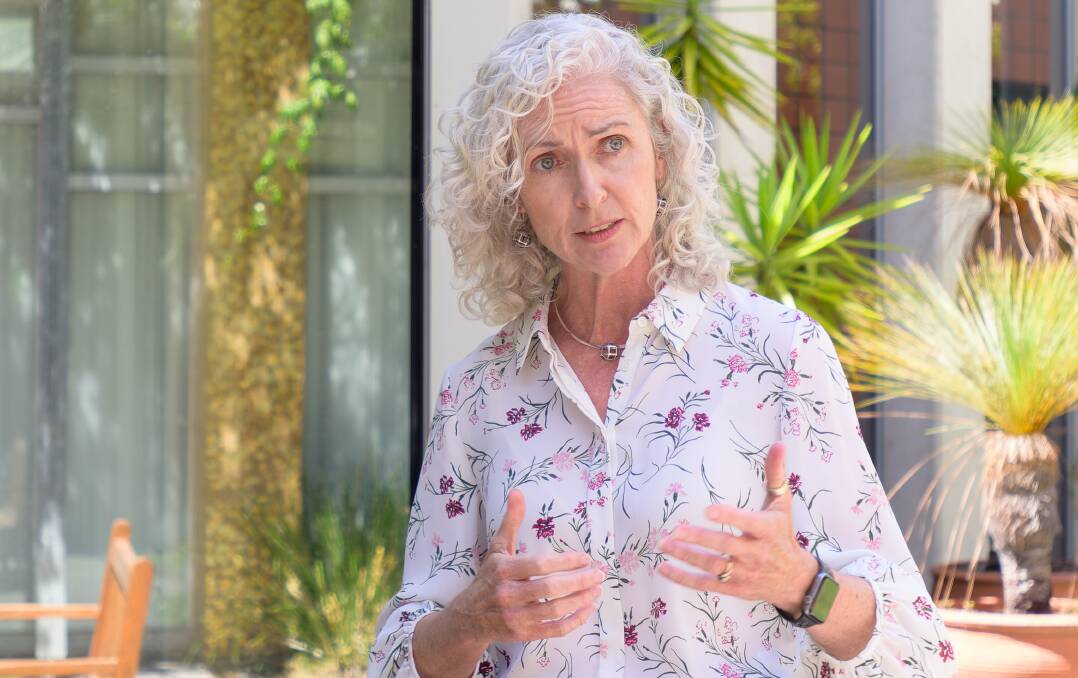The ACT's voluntary assisted dying legislation is among the most considered introduced by an Australian jurisdiction to date.
Subscribe now for unlimited access.
or signup to continue reading
It has been informed both by a rigorous and public consultation process and a careful examination of the laws adopted by other states.
As a result it will, once passed, give Canberrans access to the most mature and arguably easiest to negotiate, voluntary assisted dying framework anywhere in the country.
People in unendurable pain and suffering who desperately want to end their lives with dignity at a time and a place of their own choosing shouldn't be made to negotiate time wasting and unnecessarily bureaucratic impediments.
Many of those who have criticised the bill as too liberal would almost certainly oppose VAD regardless of what form it took.
The flexibility the ACT government has incorporated into its legislation, which does not require a precise prediction of how long a sufferer will likely live and which allows nurse practitioners to participate in the assessment process, is eminently sensible.
It is notoriously difficult for a medical practitioner to state with near total certainty somebody has just six or 12 months to live. The best that can be offered is an estimate based on the patient's history and the clinician's training and experience.
When considered in this light the requirement by Victoria, Tasmania, NSW, South Australia and Western Australia that a candidate for VAD must have fewer than six months to live is deeply problematic.
Queensland's more reasonable 12 months to live criteria falls into the same category.

Go Gentle Australia chief executive Linda Swain summed it up well when she said "dying people do not respond well to a deadline".
She has commended the ACT for not mandating a time frame for an expected death.
"If you're in the last months of life and you're trying to navigate the the very complex process ... it can be very arduous," she said.
Criticism of the inclusion of nurse practitioners in the assessment phase is also largely unfounded. Approval by two health practitioners will still be mandatory.
A nurse practitioner will only be able to give approval if the patient has already been successfully assessed by a doctor.
The decision not to adopt a proposal floated during the consultation process to make VAD available to people under the age of 18, while disappointing for its advocates, makes sense at this time.
It is an unfortunate fact the ACT has a target on its back with conservative media, think tanks and politicians all keen to dismiss the "Canberra bubble" as the stronghold of a privileged, over-paid, overeducated and libertarian left wing elite.
That was one reason so many Canberra bashers seized on the ACT being the only jurisdiction to have voted "yes" as if it were a bad thing rather than a badge of honour in the recent referendum.
If the ACT were to offer VAD to under-18s the uproar from the rabid right would be deafening.
That would have been an unfortunate, and unnecessary distraction from a well thought through piece of legislation that gives thousands of suffering people real control over their own destinies.
What seems to have been lost in the VAD debate is that the "v" stands for voluntary. Nobody is going into nursing homes, hospitals and hospices singling people out for euthanasia.
VAD is an end of life option for those who want to end the pain. It is a choice people will make after consultation with medical practitioners, friends and family members.
Those opposed to VAD are under no obligation to use it.

